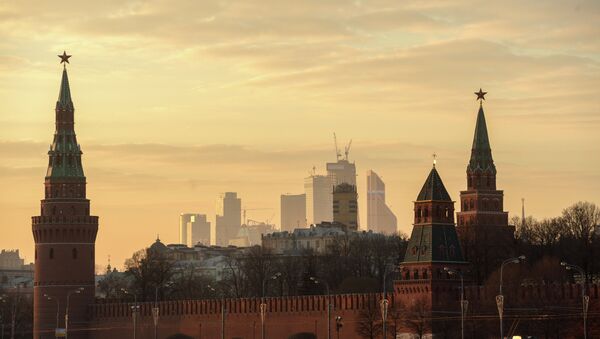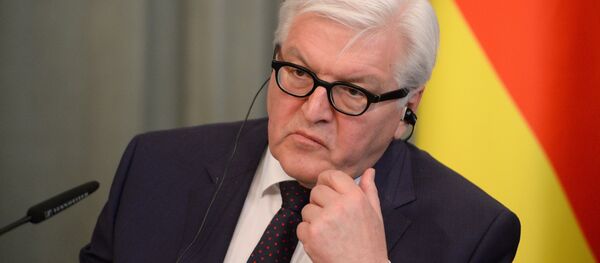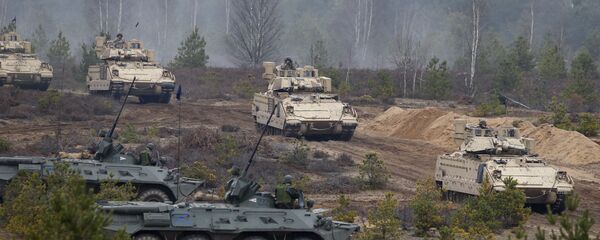When Moscow stepped in in Syria, a chorus of Western pundits predicted that the Russian intervention would definitely become a "quagmire" for the Kremlin.
However, since nothing of that has happened and Russia brought most of its aircraft home from Syria, Washington's Cassandras have reluctantly changed their rhetoric and pretended to be "surprised," international expert, author and journalist Deena Stryker writes in her article for New Eastern Outlook online magazine.
"'Putin is bad' was replaced by 'You never know what this guy is going to do next'," Stryker notes.
It was apparently "too much" for the Western establishment, as no one rushed to congratulate Moscow and Damascus. As Robert Fisk of The Independent wittily remarked, Washington and London "were as silent as the grave to which ISIS [Daesh] has dispatched so many of their victims."
Whether one likes it or not, Moscow still remains an influential geopolitical player and its role cannot be overestimated.
It is no secret that the Obama administration's policies which aimed to isolate Russia have ultimately failed: Moscow continues to attract a lot of interest from the East and the West.
"Most recently, Germany's Foreign Minister, Frank-Walter Steinmeier, was in Moscow signing all sorts of deals. He and his Russian counterpart Sergei Lavrov announced the resumption of the Petersburg Dialogue, a forum that gathers representatives of Russian and German civil societies first launched more than 15 years ago," Stryker writes, adding that Steinmeier "agreed to reactivate the Interagency High Level Working Group on Strategic Cooperation in the field of economics and finance."
"Germany and Russia have much more in common than it may seem at first glance. These contacts between our two countries are extremely important," the German Foreign Minister underscored at a press conference in Moscow on March 23.
At the same time, following the Brussels terror attacks, US Secretary of State John Kerry confirmed the necessity of cooperation between Moscow and Washington in Syria.
"Really nothing could do more to affect what happened in Brussels than to get the United States and Russia effectively on the same page regarding Syria and end the fighting in Syria," Kerry said in an interview with Rossiya 24 broadcaster during his visit to Moscow in late March.
"We're making progress, I think that Foreign Minister Sergei Lavrov and I have had a very productive relationship, and we've been able to separate differences and work together in a very effective way," he added.
Furthermore, Russia's Gazprom continues to expand its presence in the European market.
"The world is used to seeing American prowess, but it is mostly unaware that Russia is fast becoming 'the indispensable nation'," Stryker stresses.
"This is partly due to the fact that the US mostly makes headlines by killing people, and in journalism, there is a rule known as the 'death/miles' ratio: if they're far enough away, dead people, even in the thousands, don't make the headlines," she explains.
Still, being an influential international player, Russia does not suffer from the "global hegemon" complex.
There is not a shred of evidence that Russia has "imperial designs," no matter how hard the Western press is trying to convince its readers that it has, the journalist emphasizes.




